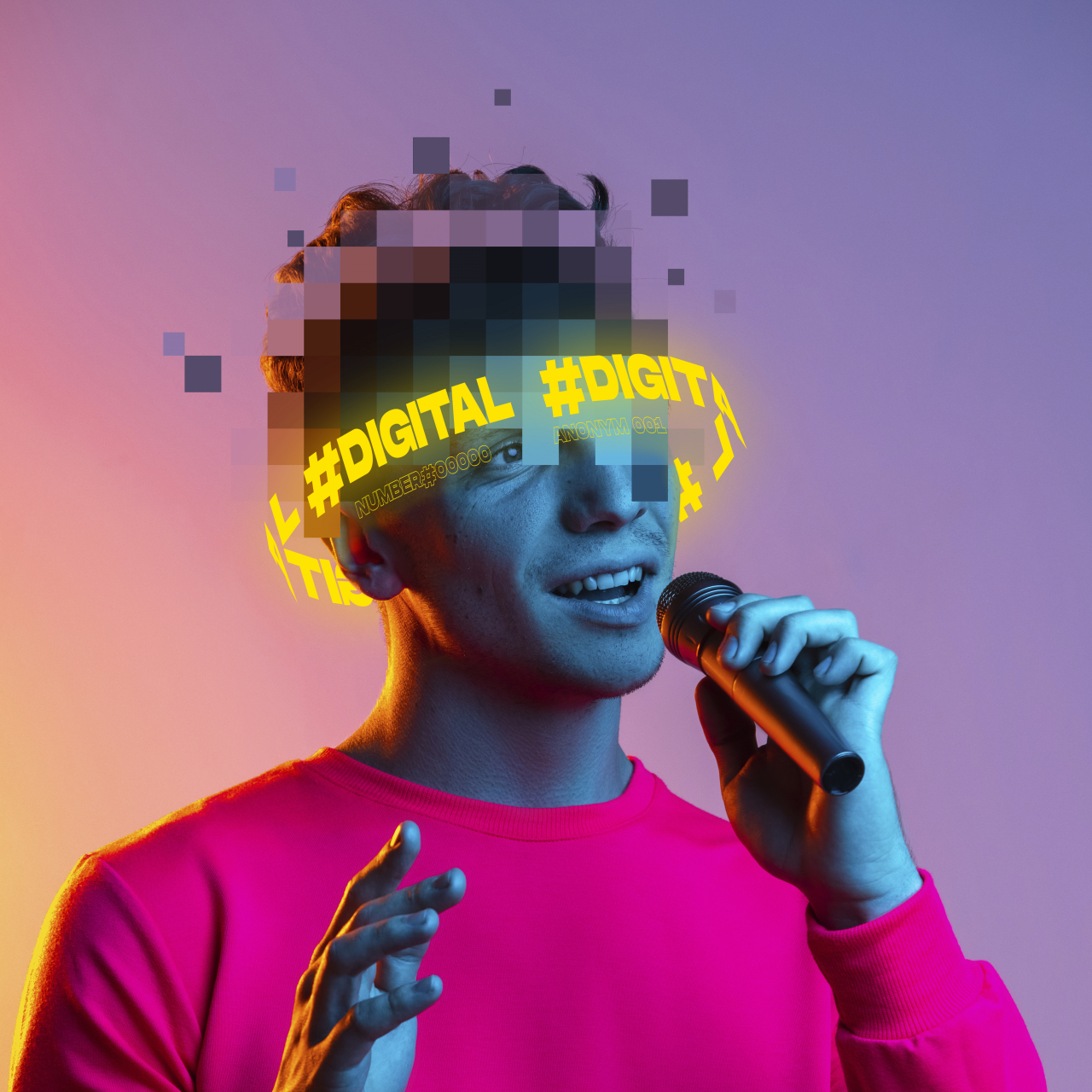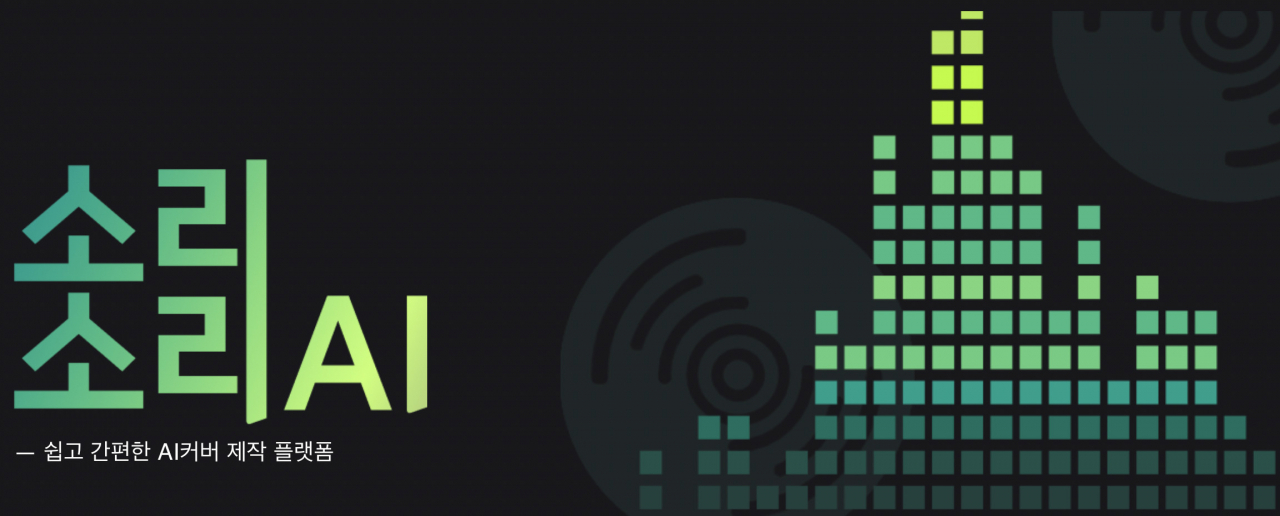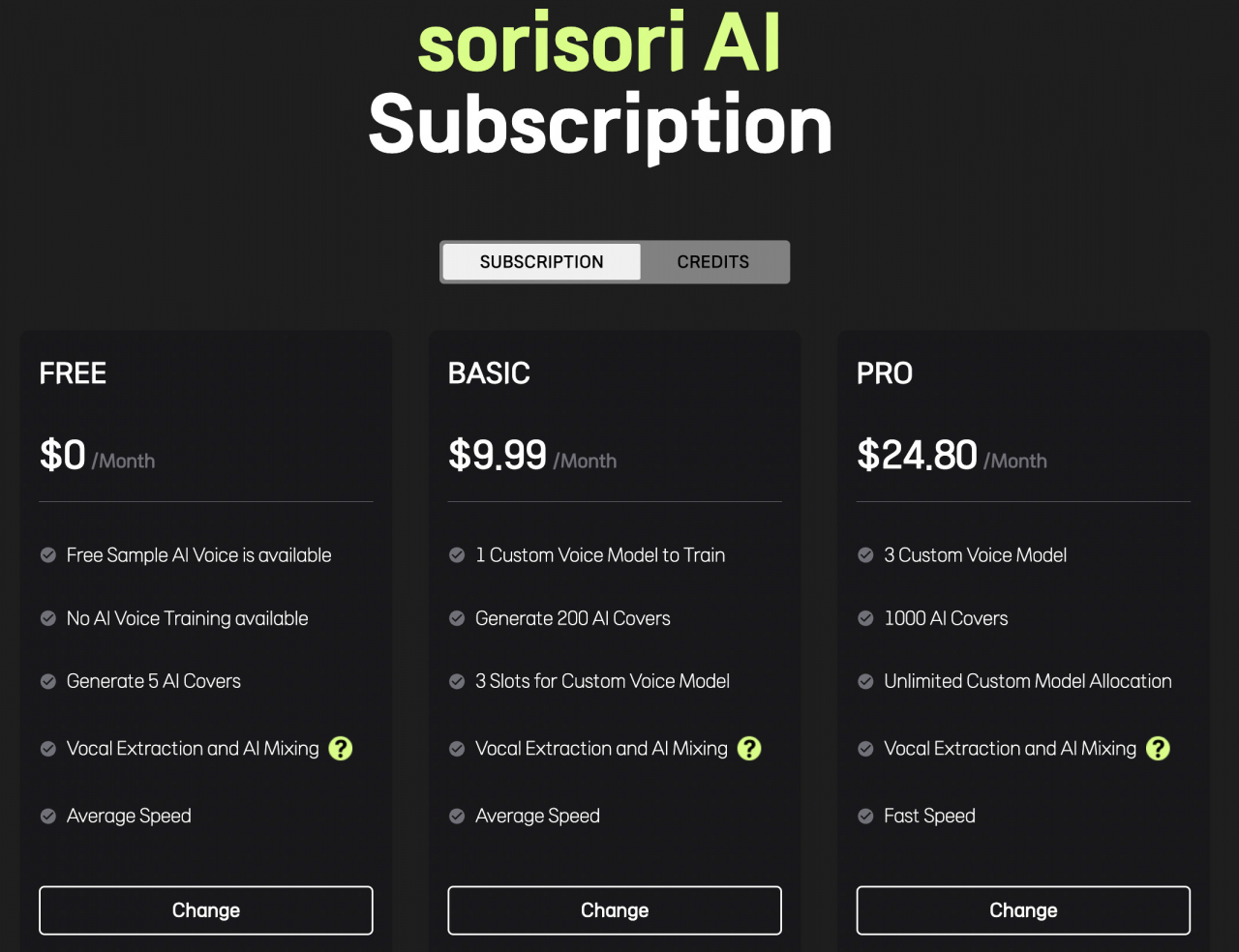 |
(gettyimagesbank) |
First released in August 2022, K-pop girl group NewJeans' "Hype Boy" is gaining popularity once again thanks to a rendition "sung" by well-known 61-year-old rock singer Yim Jae-beom. But Yim didn't actually record the cover, an AI program generated the song that sounds like Yim singing it.
Some of Yim's fans were surprised by how accurate artificial intelligence was able to mimic the singer's voice, down to the exact way he breathes, pauses and sighs.
"It was something that I hadn't expected before. I very much enjoyed it," said Hwang Chan-hui, 29, speaking of Yim's AI version of "Hype Boy" on YouTube.
“Of course, I know NewJeans is amazing, but my favorite (singer) is Yim Jae-beom. His husky voice drives me crazy. I’ve wished that Yim would release more diverse albums but he didn’t, which makes me a little sad."
AI-generated music has gained immense popularity in South Korea on platforms like YouTube and Instagram. Hundreds of creators are using the technology to re-create existing tracks with other artists' voices. The more unexpected the combination, the more interest it garners.
However, this trend often involves the unauthorized use of an artist's voice and music. While AI-generated music creators argue that their work should be viewed as a form of artistic expression apart from business considerations, some creators are reaping benefits -- albeit not directly from their AI works.
Spot-AI-fy, a YouTube channel that specializes in AI-generated music, carries a total of 235 video clips on the platform. Launched in May 13, the videos have recorded over 17.3 million views as of Sunday.
The videos on the channel are AI songs created by Sorisori, an AI-based music generation service, featuring the likes of what sounds like Ariana Grande singing a Korean song to an AI cover of IU singing "Cupid" by Fifty Fifty. For the monthly subscription fee of 14,800 won, or $9.99 on the English website, subscribers can generate up to 200 tracks of music using AI.
 |
This screenshot shows the main page of Sorisori's official website. (Sorisori) |
 |
This screenshot shows the subscription page of Sorisori's official website. (Sorisori) |
There are growing voices that AI music creators should not be eligible to claim credit or copyright to their work because they do not hold rights to the original voices or tracks. The copyright laws in Korea do not specifically cover AI music, although there are protections for the rights and freedom of the original artist.
The Korea Music Copyright Association, a nonprofit organization administering public performance, broadcasting and reproduction rights on behalf of copyright holders, is concerned about AI-generated music, arguing that the phenomenon poses challenges to the existing copyright norms.
"Currently, it's difficult to respond to the copyright infringement of generative AI because it's hard to distinguish the original sources used by the generative AI from the final product. Also, there is no legal requirement to declare whether generative AI was used," said a KMCA official in an email to The Korea Herald, while highlighting the need to safeguard the interests of artists and the music industry.
Legal experts also warned of possible copyright violations by AI-generated music.
Beom Yu-kyung, a lawyer at Duksu Law Offices, emphasized the need to establish a system that makes clear the copyright of the original data used for AI training.
“When it comes to the original reference of the background data, AI-generated music creators cannot avoid criticism. The current AI technologies aren't yet able to generate authentic products on their own. They still require external data, which is the point where a copyright infringement occurs," Beom told The Korea Herald by phone.
"In this regard, a system to certify the original source and to mandate obtaining consent from the copyright holder for the use of their properties is necessary to prevent potential copyright violations."
In May, Democratic Party of Korea lawmaker Lee Sang-heon, who chairs the parliamentary committee on culture, sports and tourism, submitted a proposal to amend the Contents Industry Promotion Act. The proposed amendment by Rep. Lee and nine other lawmakers, calls for a new provision to mandate specifying whether generative AI was used while making content. The proposal is awaiting review by the National Assembly.
Lee also brought up concerns over AI-generated music during the National Assembly audit of the Culture Ministry on Oct. 10. Lee asked Culture Minister Yoo In-chon to support the proposed amendment if it passes the Assembly, playing an AI-generated rendition of Kim Kwang-seok's "Around Thirty," featuring Yoo's voice. Yoo agreed on the urgency of the matter.
The Culture Ministry has introduced a draft proposal of regulations and guidelines for AI utilization in creative works. While the guidelines are not legally binding, the Culture Ministry is working to release the final draft of the guidelines before the year-end.



![[Weekender] Korea's traditional sauce culture gains global recognition](http://res.heraldm.com/phpwas/restmb_idxmake.php?idx=644&simg=/content/image/2024/11/21/20241121050153_0.jpg)



